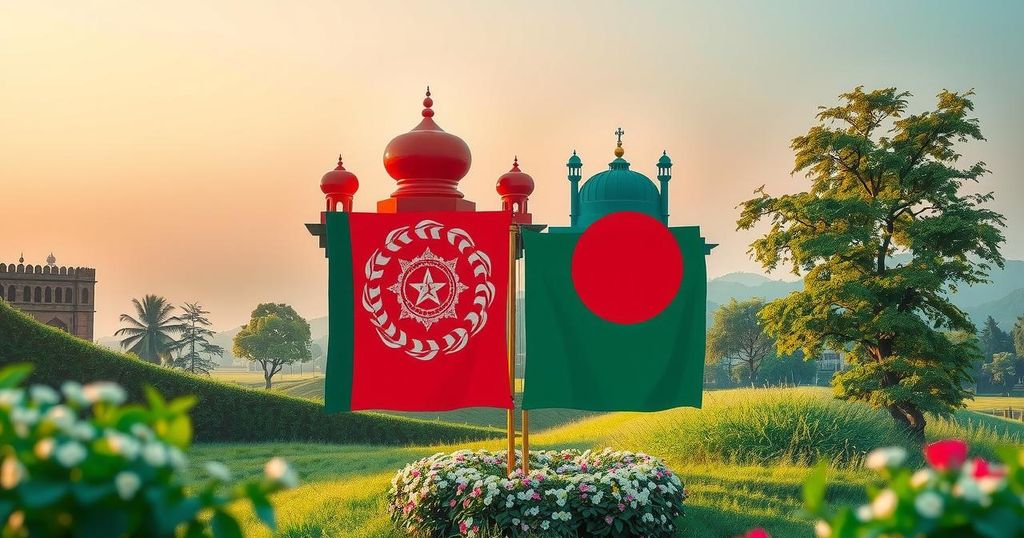Bangladesh’s Rankings: A Mixed Blessing from Afghanistan’s Decline

Bangladesh’s position in global rankings is precarious, often benefiting from Afghanistan’s declines in corruption, press freedom, and rule of law. Despite being ranked poorly, the nation avoids last place due to its neighbor’s even more severe shortcomings. There are conflicting internal narratives regarding governance, leading to urgent questions about Bangladesh’s aspirations and vision for improvement.
In a troubling revelation, Bangladesh finds itself wedged in the middle of global rankings regarding corruption, press freedom, and rule of law. While the nation has faced stagnant progress, it draws a paradoxical benefit from Afghanistan’s ongoing decline. In several key indices, such as the Freedom in the World 2024 ranking, Bangladesh secured 6th place in South Asia with a precarious score of 40 points, while Afghanistan languished at the bottom with a mere 6 points, categorized as ‘not free.’
The Rule of Law Index 2024 portrays a similar scenario, placing Bangladesh at 127th out of 142 countries, with Afghanistan trailing at 140th. In terms of press freedom, Bangladesh ranks 165th out of 180 countries, whereas Afghanistan occupies the 178th position. Such comparisons create the illusion that Bangladesh is performing relatively better, sparking a complicated relationship between the two nations.
Further highlighting this predicament, the Trace Bribery Risk Matrix 2024 lists Bangladesh at 147th out of 194 countries, while Afghanistan sits at a dismal 186th. In the Corruption Perception Index (CPI) for 2024, Bangladesh declined by two spots to 151st, with Afghanistan maintaining the lowest position at 165th, marking a significant concern for both nations.
Interestingly, internal narratives in Bangladesh vary widely regarding its perceived direction. A faction of self-identified liberal voices expresses concern that the country may mirror Afghanistan’s descent into extremism. Conversely, some groups, including hardline Islamists, advocate for governance resembling that of the Taliban, which complicates the socio-political landscape.
The overall situation can be likened to a student on the verge of academic failure, surviving only because others are faring worse. Bangladesh must reassess its priorities rather than relying on Afghanistan’s shortcomings as a shield against further decline. The pressing question remains: how long can Bangladesh avoid hitting rock bottom by leveraging its neighbor’s pitfalls? It is essential to strive for progress rather than settling for mediocrity, prompting an urgent need for higher aspirations and improvements.
In summary, Bangladesh is currently struggling in multiple global rankings but finds itself fortunate due to Afghanistan’s more severe challenges. While some narratives suggest concerns over potential setbacks toward a Taliban-like regime, others advocate for such governance. Ultimately, Bangladesh must not rely on Afghanistan’s failings as a metric for its success. It is crucial for Bangladesh to focus on fostering genuine progress and improving its standing on the global stage.
Original Source: www.tbsnews.net








